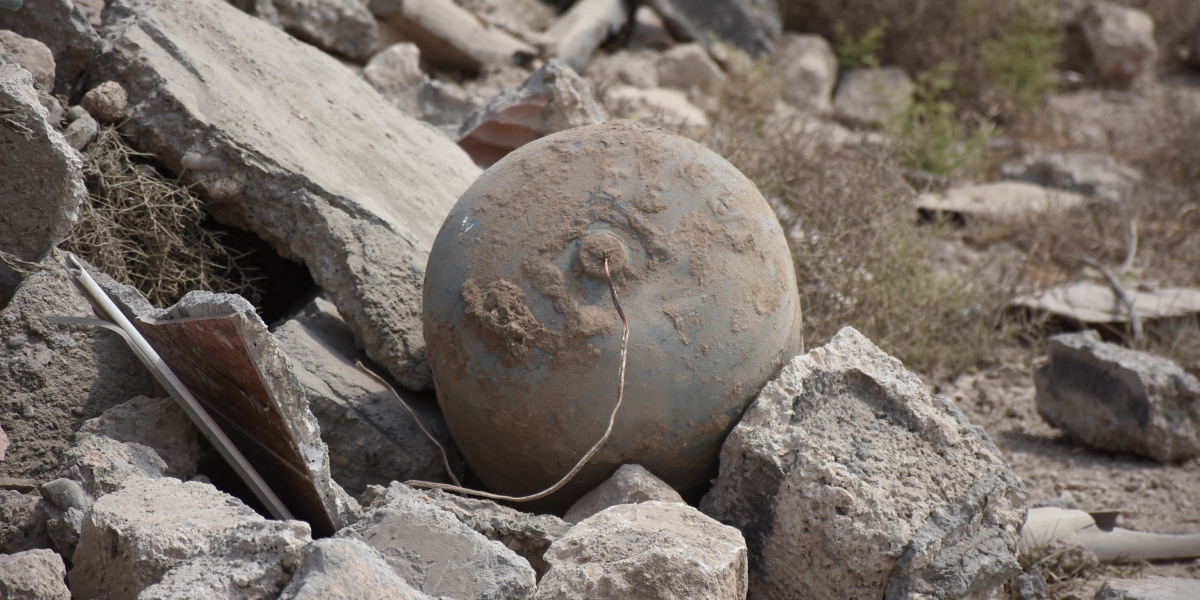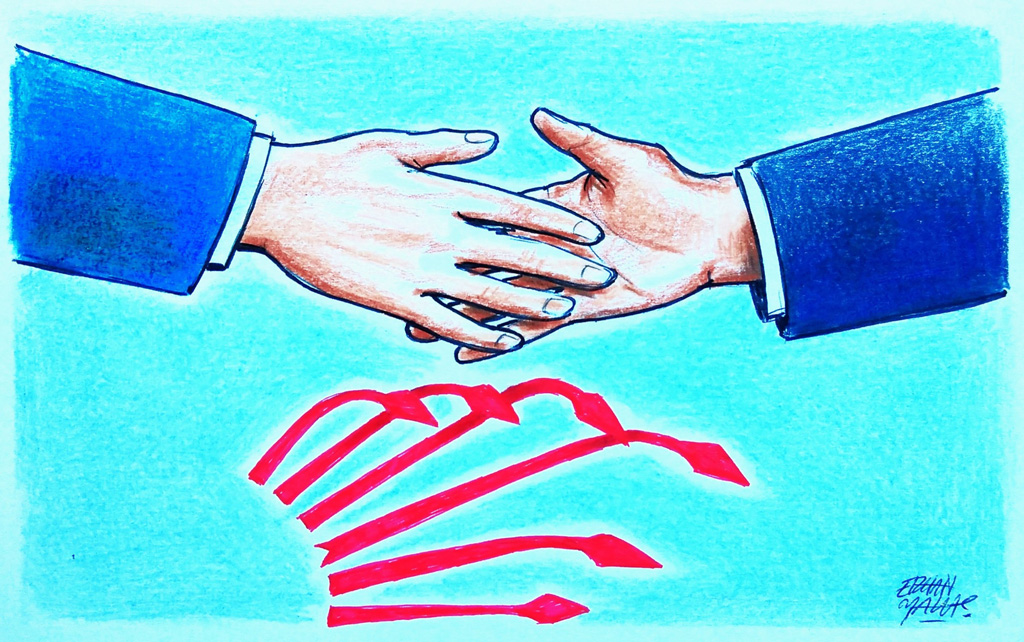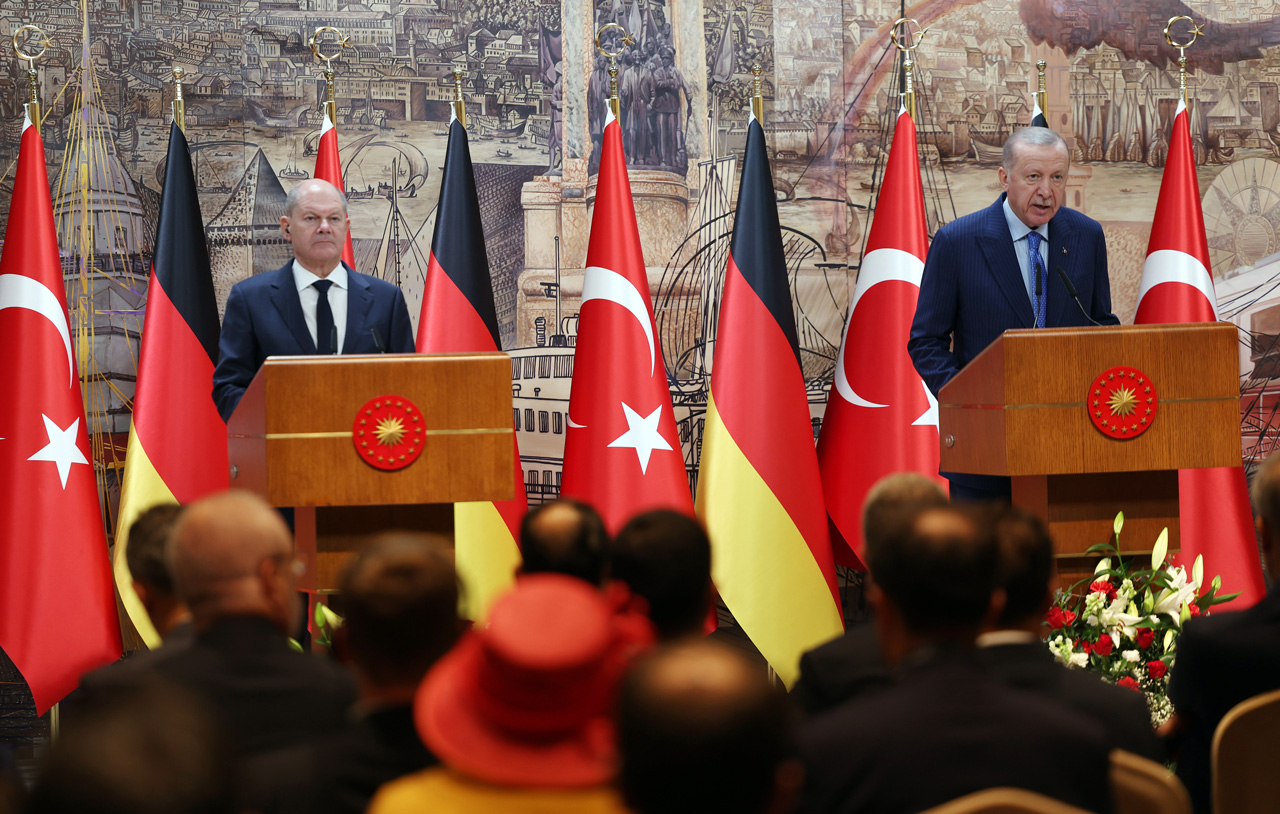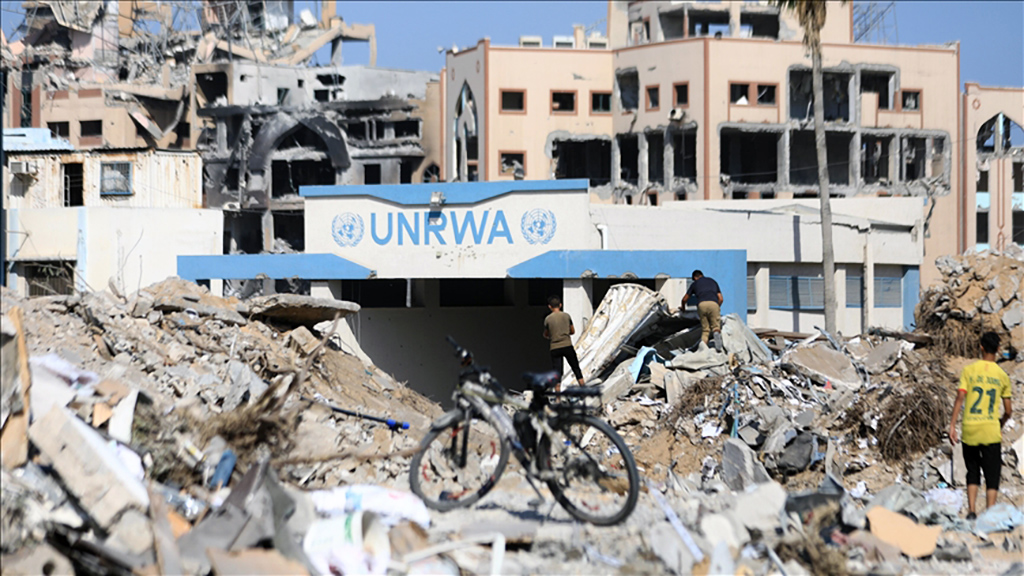Let us ask honestly, why have the PKK and its constituents began attacking so ambitiously? Why does the PKK escalate terrorist attacks to such an extent irrespective of its own losses? Certainly, the PKK has killed many of our soldiers and civilians in its attacks since July 19. In the same period, however, it experienced the heaviest loss ever in its history. Despite this, why does the PKK not behave as it used to in the past and consider withdrawing?
The answers to these questions are hidden in the strategy that the PKK is implementing or is requested to implement in the current period. Three days ago, Hatip Dicle, who was appointed the head of the Democratic Society Congress (DTK) said "A bloodier period with heightened violence will commence." The DTK was founded to provide political commissariat to the Peoples' Democratic Party (HDP). Dicle called to be prepared for the new period and, as it has always been, he played the "Abdullah Öcalan card." He said they cannot meet with Öcalan and worry about his health and prison conditions.
Meanwhile, HDP Co-Chair Selahattin Demirtaş ordered his followers "to be ready for civil resistance at any moment." As he did many times in the past, he incited people to rebellion and made a contribution to the creation of a civil war atmosphere in his own way. While speaking as such within the borders of Turkey, he clearly told a German newspaper that he does not consider the PKK to be a terrorist group. More interestingly, however, they also played the Öcalan card, arguing that "only Öcalan can convince the PKK to lay down arms."
These discourses are directly related to the PKK's new strategy to create a civil war in the country. Of course, you may ask that "What is new? Hasn't the PKK been trying to implement this strategy since the day they declared the start of a revolutionary public war?" However, these elements must be considered.
When the PKK started its terror attacks last year, it gained both political and logistical opportunities in northern Syria. And it has become popular in the international arena with its anti-DAESH propaganda. And also by any means, there was political ambiguity in Turkey. In this atmosphere, the PKK felt it had "physiological superiority" and acted "shrewdly."
Now, the PKK no longer feels it has "physiological superiority." However, the PKK continues to behave "shrewdly." The reason behind this is the operation by Turkey in northern Syria. The operation has unmasked the PKK which presents itself as fighting against DAESH. On the other hand, the terrorist group now has to withdraw from some strategic points which it occupied in northern Syria. Additionally, the PKK is now facing a state that consolidates itself and sees it along with all its elements as a threat.
The PKK and its elements are now of the opinion that they can get rid of this mangle only if they are able to drag the county into a civil war. As the Turkish Armed Forces (TSK) conducts successful operations in northern Syria, the PKK retaliates and as TSK and the Free Syrian Army (FSA) takes over DAESH-held areas, the PKK carries out attacks within the country.
Had the Gülenist Terror Group (FETÖ) succeeded on July 15, the PKK would fuel the civil war in efforts to expand and take some territories from Turkey.
Today, the PKK is working to create a civil war in Turkey to secure its presence not only in Turkey but also in Syria.
Hence, the terrorist group and its so-called "civil friends" are now in struggle. The PKK wants to weaken the Turkish public's motivation and damage the capacity of the state. However, this time there is a nation that can see through its plan and identify the networks behind it.
[Daily Sabah, September 6, 2016]








